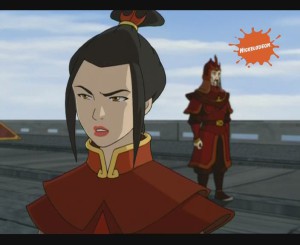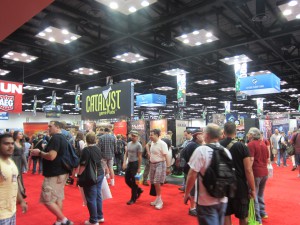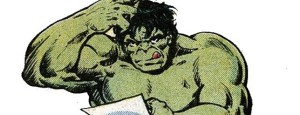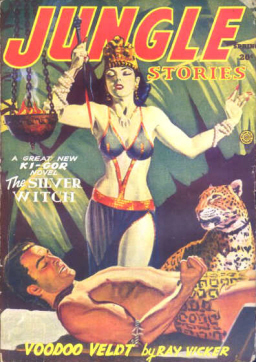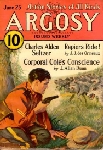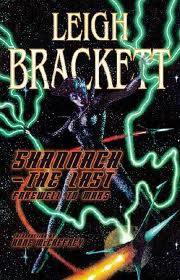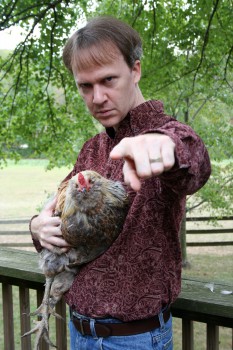Only a few generations ago planetary adventure fiction had a few givens. First, it usually took place in our own solar system. Second, our own solar system was stuffed with inhabitable planets. Everyone knew that Mercury baked on one side and froze on the other, but a narrow twilight band existed between the two extremes where life might thrive. Venus was hot and swampy and crawling with dinosaurs, like prehistoric Earth had been, and Mars was a faded and dying world kept alive by the extensive canals that brought water down from the ice caps.
To enjoy Leigh Brackett, you have to get over the fact that none of this is true — which really shouldn’t be hard if you enjoy reading about vampires, telepaths, and dragons, but hey, there you go. Yeah, Mars doesn’t have a breathable atmosphere, or canals, or ancient races. If you don’t read Brackett because you can’t get past that, you’re a fuddy duddy and probably don’t like ice cream.
A few of Brackett’s finest stories were set on Venus, but it was Mars that she made her own, with vivid, crackling prose.
Here. Try this, the opening of one of her best, “The Last Days of Shandakor.” You can find it in two of the three books featured as illustrations in this article, Shannach — the Last: Farwell to Mars, and Sea-Kings of Mars and Otherworldly Stories.
Anyway. On to Brackett.
He came alone into the wineshop, wrapped in a dark red cloak, with the cowl drawn over his head. He stood for a moment by the doorway and one of the slim dark predatory women who live in those places went to him, with a silvery chiming from the little bells that were almost all she wore.
 Late this morning I’m headed out on a comparatively short drive to GenCon. I’ll be there in a little under three hours, which isn’t too bad at all. I’m arriving a day early to meet up with friends and fellow writers from the Writer’s Symposium, one of GenCon’s best kept secrets. In my absence the home will be protected by a black belt, a brown belt, two dogs, and four man eating horses.
Late this morning I’m headed out on a comparatively short drive to GenCon. I’ll be there in a little under three hours, which isn’t too bad at all. I’m arriving a day early to meet up with friends and fellow writers from the Writer’s Symposium, one of GenCon’s best kept secrets. In my absence the home will be protected by a black belt, a brown belt, two dogs, and four man eating horses.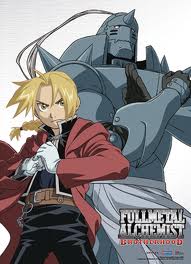 I chanced upon a show a few years ago that began with potential and then delivered on it episode after episode. I found fabulous world building and strong character arcs. I watched half hour after half hour the way I devour chapter after chapter in a great fantasy novel, poised on the edge of my seat wondering how things would resolve.
I chanced upon a show a few years ago that began with potential and then delivered on it episode after episode. I found fabulous world building and strong character arcs. I watched half hour after half hour the way I devour chapter after chapter in a great fantasy novel, poised on the edge of my seat wondering how things would resolve.